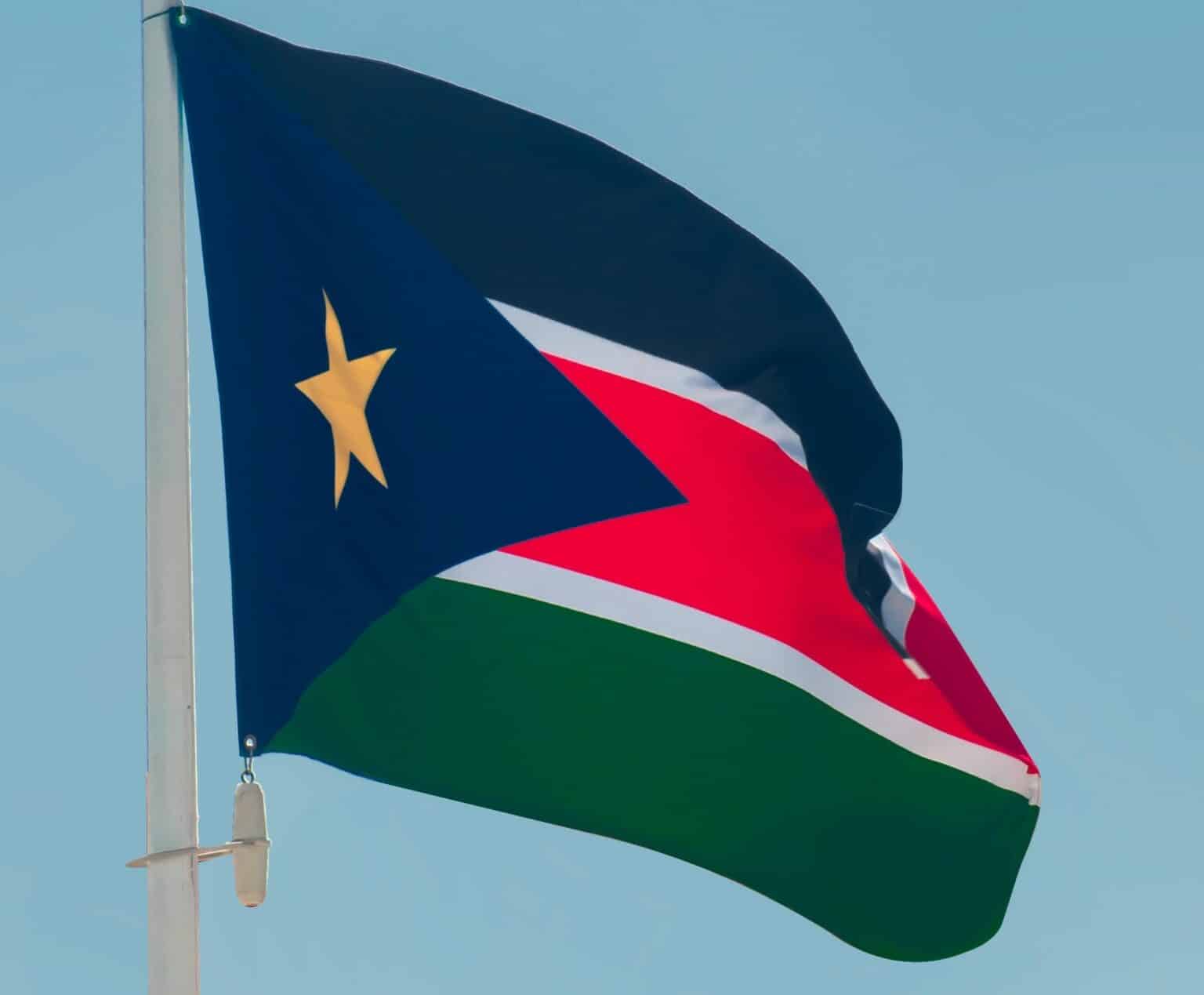SEAL Team 6 and 3rd Army Special Forces aided in the evacuation of American personnel from Sudan as the civil conflict between military forces has entered its second week, a security official told The Washington Post.
“Today, on my orders, the United States military conducted an operation to extract U.S. Government personnel from Khartoum in response to the situation in Sudan,” President Biden tweeted Saturday. “I am grateful for the commitment of our Embassy staff and the skill of our service members who brought them to safety.”
A senior Pentagon official who briefed reporters Saturday said the Americans were airlifted out on three MH-47 Chinook helicopters that flew first from Djibouti and then refueled in Ethiopia.
The fighting has done structural to the civilian airport in the heart of the capital city of Khartoum, said Under Secretary for Management Ambassador John Bass during Saturday’s Pentagon briefing. “And so as a result of the intensity of the conflict and the challenges that our diplomatic personnel were experiencing in conducting basic operations and the uncertainty about the availability of key supplies like fuel and food going forward, we reluctantly decided it was time to suspend operations” at the U.S. embassy in Sudan.
However, some 16,000 U.S. citizens who do not work for the government remain in Sudan. According to Sen. Mark Warner (D-VA), Chair of the Senate Intelligence Committee, the “vast majority” of those who remain are “dual nationals”—Sudanese Americans who were in the African country on aid missions.
“There is actually a UN effort now to get people from Khartoum out over the land corridor,” Warner said Sunday. “And I know we are working with a lot of international partners.”
UN employees have said the United Nations is attempting to pull out by driving more than 800 miles from Khartoum to Port Sudan.
According to assistant secretary of defense Christopher Maier, the State and Defense Departments are working to help American citizens who may want to leave Sudan through a number of options, including making overland routes out of the country “potentially more viable.”
“That would include using intelligence, surveillance and reconnaissance to “be able to observe routes and detect threats,” he said.
The fighting broke out on April 14 when two top generals, armed forces chief Abdel-Fattah Burhan and head of the Rapid Support Forces (RSF) paramilitary group Mohammed Hamdan Dagalo, entered into unprecedented combat for control of Sudan and its population of more than 46 million people.
The two military leaders had seized power in Sudan in 2021, toppling a civilian-led government. Some 18 months ago they had jointly brokered a military coup to derail Sudan’s transition to democracy.
The roughly ten days of fighting so far have sparked a humanitarian crisis, leaving citizens “paralyzed” without food, water or electricity across Sudan. At least 450 people have been killed so far, according to the United Nations, and Sudan’s Health Ministry said at least 3,500 more have been injured.
Many Sudanese, along with Egyptians and other foreigners caught in the conflict, are reportedly risking the 15-hour long, dangerous drive to Sudan’s northern border into Egypt.
“Sudan has long been a dangerous environment,” said Bass. “The United States in our Travel Advisories to American citizens and American travelers has had a notice in place for over a decade cautioning American citizens not to travel to Sudan.”
He added, “We’re going to continue to work closely with other countries, with the United Nations, with other international organizations, to collectively do as much as we can to enable our citizens, whether it’s individually or in combination with each other, to find their way to safety.”


